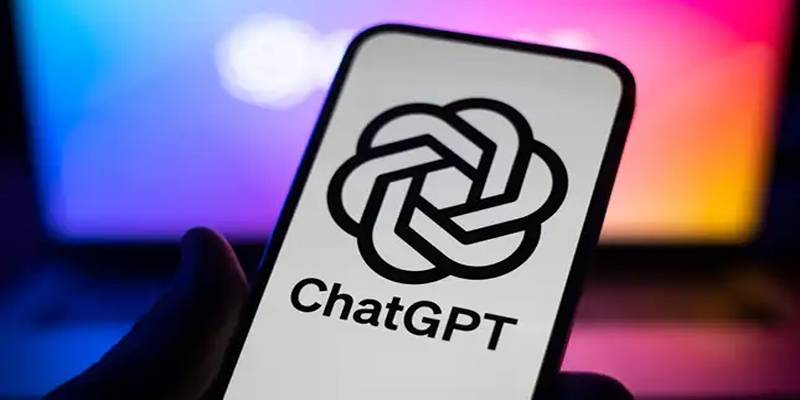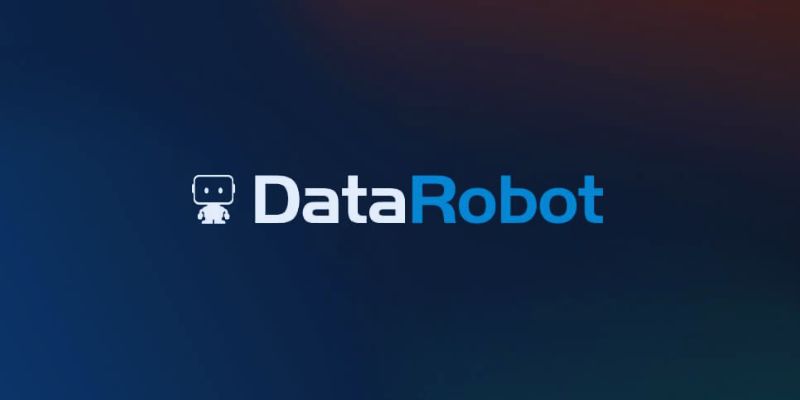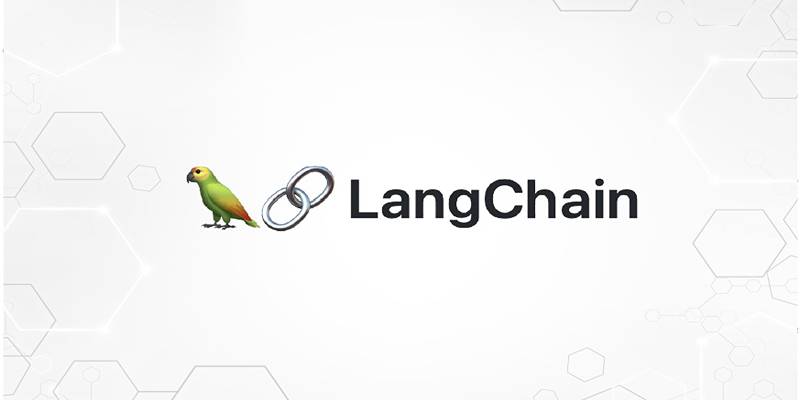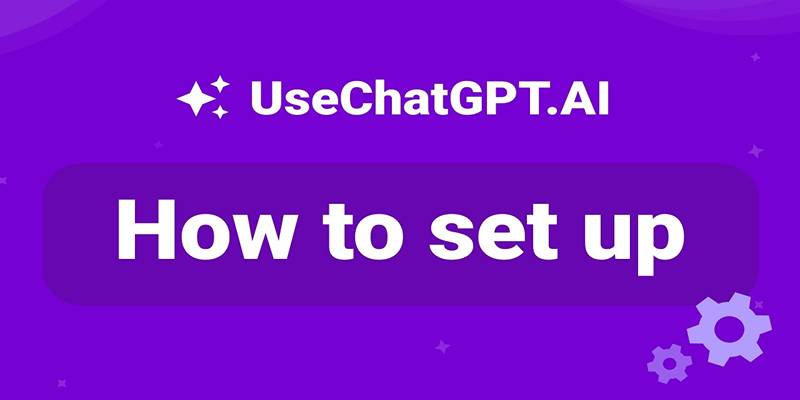Advertisement
The world is constantly evolving—fast-paced, decentralized, and driven by data. For investors, developers, content creators, and curious learners, staying on top of ai trends, analyzing token performance, and understanding market dynamics can be overwhelming. That’s where ChatGPT becomes a powerful ally. When used strategically, ChatGPT can serve as a personal analyst, content assistant, and researcher, and all rolled into one.
What makes ChatGPT so effective in the space is its ability to understand complex data patterns, summarize concepts, and deliver insights in seconds. However, to truly harness its potential, the quality of prompts matters. This post highlights the 7 smart ways not in the form of direct instructions but in a detailed breakdown of their function and value.
One of the most valuable uses of ChatGPT in the world is analyzing market trends. Instead of just asking for a daily update, advanced prompts can guide the AI to synthesize longer-term data points and evaluate overall momentum. Whether examining bullish patterns or potential corrections, ChatGPT helps users interpret signals that go beyond surface-level fluctuations.
The model can identify historical patterns, consider macroeconomic factors, and relate current price movements to past events. It allows users to make more informed assumptions rather than speculative guesses.
ChatGPT can break down complex concepts like supply models, inflation rates, and staking incentives with remarkable clarity. It is especially helpful for users analyzing newer tokens that lack robust documentation or community support.
When framed correctly, prompts in this category guide ChatGPT to highlight red flags, explore scarcity mechanisms, or explain the impact of burn rates.
Whitepapers are foundational documents, but they’re often long, jargon-filled, and difficult to digest. Instead of spending hours reading technical papers, users can turn to ChatGPT for summaries that preserve essential information while filtering out fluff.
This type of prompt works especially well when dealing with DeFi protocols and DAO proposal. By summarizing key sections ChatGPT helps readers grasp the essence of a project quickly.
Although ChatGPT cannot execute or test smart contracts directly, it can be extremely helpful in explaining how a smart contract is structured, what certain functions are designed to do, or how logic flows in a decentralized application (dApp).
Used this way, prompts transform ChatGPT into a technical interpreter, enabling non-developers to better understand code behavior. Whether reviewing an Ethereum-based staking contract or a BNB Chain farming logic, ChatGPT’s explanation can help developers debug concepts or help investors identify security concerns.

It remains inaccessible to many due to its steep learning curve. For beginners or educators, prompts related to explaining the basics can turn ChatGPT into a 24/7 tutor.
The AI is particularly effective at adapting its responses to different knowledge levels. Whether a user is completely new or has intermediate experience, ChatGPT can adjust its tone and language accordingly, making it a great educational companion.
The landscape is deeply influenced by shifting regulatory policies. ChatGPT can assist in mapping out existing legal frameworks or anticipating how regulations might evolve across regions. Whether it's U.S. SEC rulings, EU digital asset directives, or Asia-Pacific guidelines, ChatGPT can compare and explain these in digestible formats.
Well-structured prompts can also help professionals or researchers prepare risk assessments, compliance strategies, or investor summaries. While ChatGPT cannot provide legal advice, it serves as a strong starting point for understanding global policy trends.

ChatGPT can support decision-making by comparing features, communities, use cases, or governance models across different projects. For example, prompts asking for an objective comparison competing DeFi protocols can help surface performance metrics and highlight strengths and weaknesses. This analysis can be structured around factors like scalability, decentralization, development activity, and ecosystem growth.
ChatGPT’s strength lies in its ability to synthesize complex information and deliver intelligent, context-aware responses. From analyzing tokenomics and summarizing whitepapers to educating beginners and guiding developers, the right prompts can transform ChatGPT into an essential tool for professionals and hobbyists alike. Instead of relying on trial and error, users who craft purpose-driven prompts get better results faster.
Advertisement

Discover how Emotion AI systems detect facial expressions, voice tone, and gestures to interpret emotional states.

Can ChatGPT really solve math problems? Discover its accuracy in arithmetic, algebra, geometry, and calculus.

What is a database, and why is it essential in managing information? Learn how databases keep data organized, secure, and accessible in everyday life

Learn how ChatGPT helps you manage routines, nutrition, sleep, fitness, and focus for smarter wellness every day.

Explore 6 ways ChatGPT enhances video game scriptwriting through dialogue, quest, and character development support.

Adobe’s new AI features in Premiere Pro are revolutionizing video editing. Learn how AI can help with color matching, audio cleanup, and scene detection to save you time

DataRobot's Enterprise Suite helps businesses manage generative AI with governance, monitoring, and compliance for safe AI use

Explore how LangChain helps developers create smarter, scalable apps using LLMs, tools, memory, and workflows.

Ever wondered how decision trees decide on the best split? Learn how decision trees work, how to tune them, and when they shine as a model for your data

Learn how Claude AI offers safe, reliable, and human-aligned AI support across writing, research, education, and conversation.

Learn how the UseChatGPT Copilot extension helps users write, reply, translate, and summarize text directly in the browser.

Explore 8 of the best AI-powered apps that enhance productivity and creativity on Android and iPhone devices.